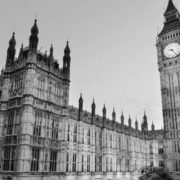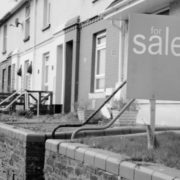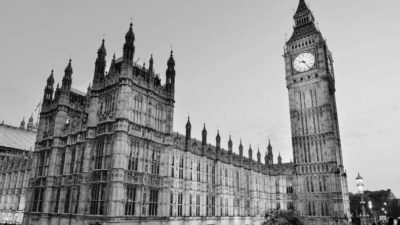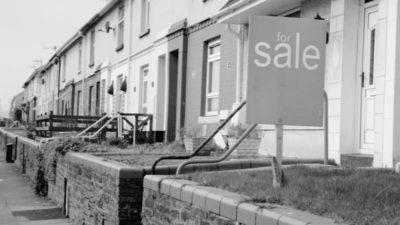London’s prime rental sector recovered in the second half of 2019, largely as a result of low stock levels, according to new findings by Savills.
Across the capital, rents increased by 0.9 per cent in 2019, a significant improvement, given that the rolling five-year average had been -6.6 per cent. Low stock levels over the previous five-year period played a crucial role in pushing rents higher for more high-value London properties.
Savills reported that 68 per cent of agencies who they spoke to reported about a lack of stock being their biggest challenge in the final three months of last year.
Rising rents in the capital’s prime property sector echo with findings by private bank Coutts, who claimed that prices of prime properties in Central London rose 4.8 per cent in the last quarter of 2019.
Rising rents across the board
Prime properties in areas such as West London saw price growth as high as 2.9 per cent in 2019. Strong demand was noted, especially for flats, as the rents for flats grew 1.2 per cent during the last year.
The lower end of the prime market remained the most high-demand sector, according to Savills, as some buyers eyed up smaller, less expensive homes. Slow sales activity in 2019 resulted in a larger number of “accidental landlords” deciding to stick with renting rather than making property purchases outright.
The valuation and condition of properties remained the most significant factors in helping drive activity in the prime central market. Prospective buyers were found to be seeking homes at the best price point, while remaining fairly open-minded about the location of their potential new homes.
The demand for lower-value prime properties offered a growing number of landlords an ideal opportunity to sell.
Landlords feel the squeeze
Savills reported that a number of buy-to-let landlords continued to feel the squeeze financially, as a result of policies such as the scrappage of mortgage interest tax relief, something which will continue to affect them from April 2020 onwards.
Savills estimated that as many as 132,000 buy-to-let mortgages were redeemed across the UK since 2016. The proposed scrappage of Section 21, which is currently yet to be brought before Parliament, is another major factor that could do much to constrain supply and affect the ability for many landlords to operate in the housing market.
Another policy which could do much to impact landlords and homeowners of higher-value properties is a potential new Mansion Tax, which the Government is reportedly considering for its Budget on 11th March.
The idea was met with disapproval by some people loyal to the governing Conservative Party.
For example, Conservative Party member Alastair Thompson responded to the reports of a possible new Mansion Tax, tweeting: “We didn’t send Labour to their worst defeat since before World War Two, only to become the Labour Party. Attacking pensions and assets is an incredibly bad idea. These ideas shouldn’t come true.”
Property Notify asked HM Treasury for comment. A Treasury spokesperson responded, saying “All taxes are under review”, before adding that all policies would be laid out in detail during the Government’s Budget, on Wednesday 11th March.





















Comments